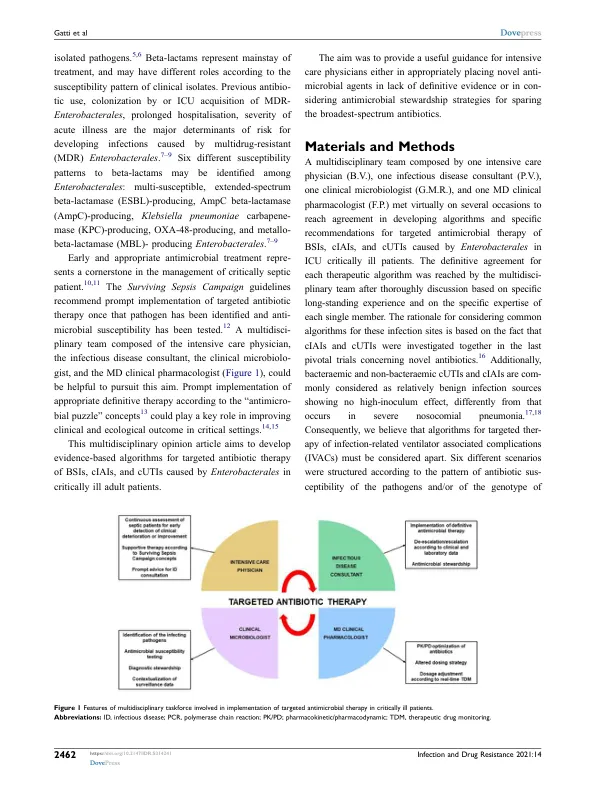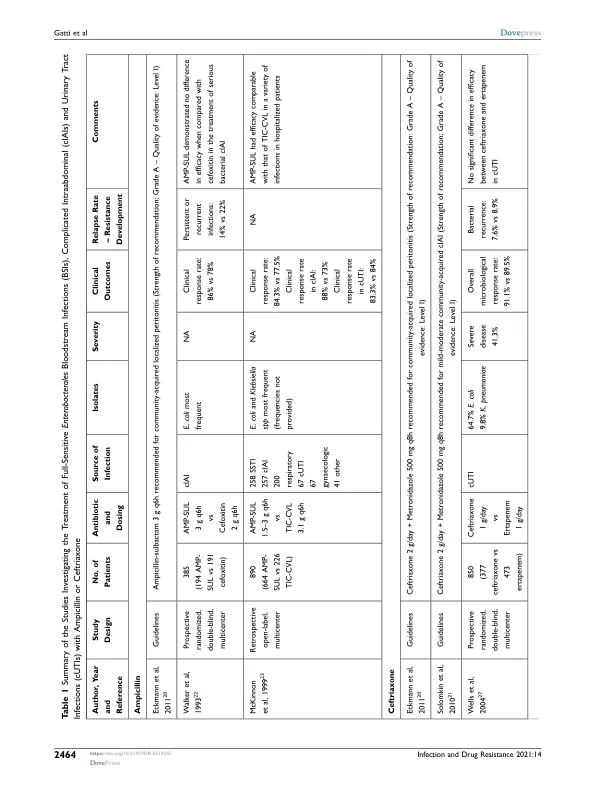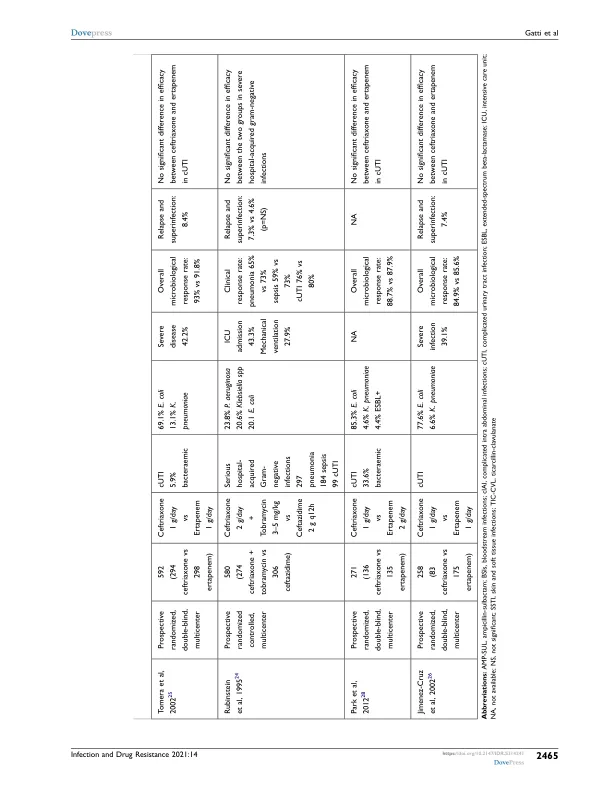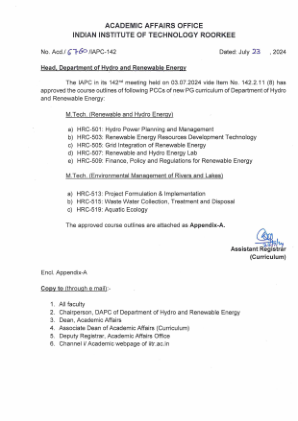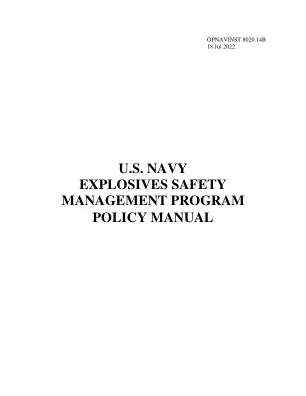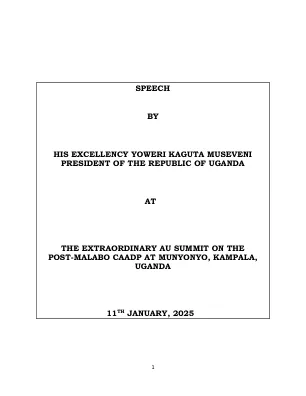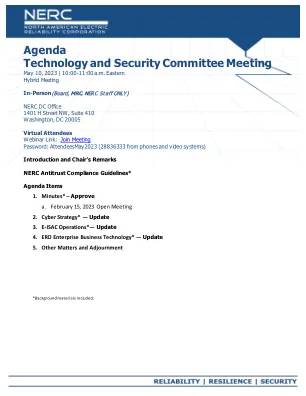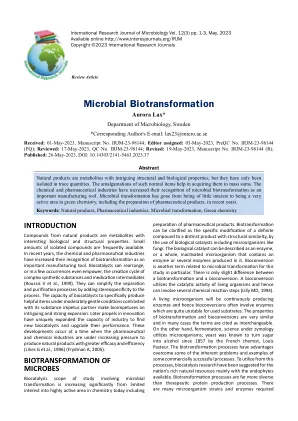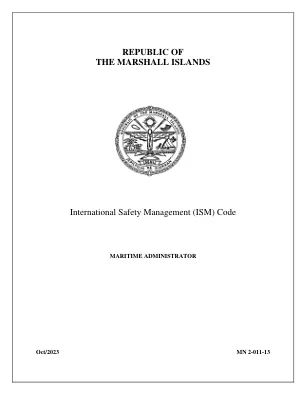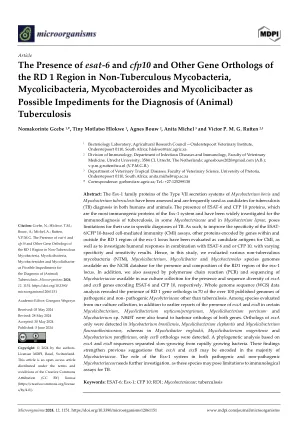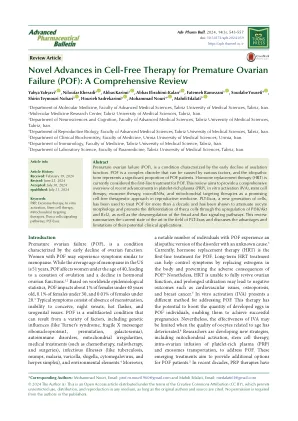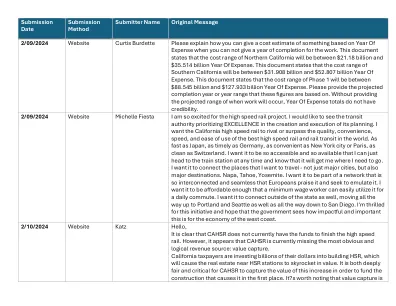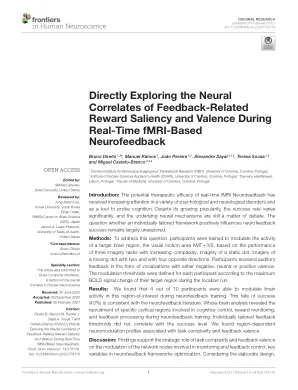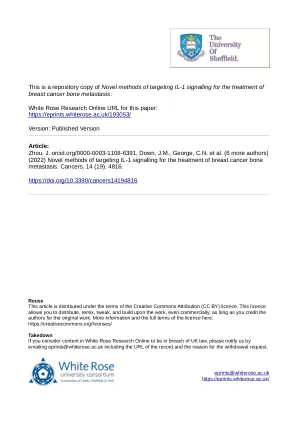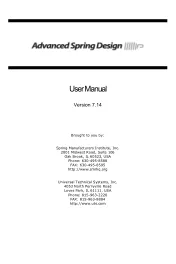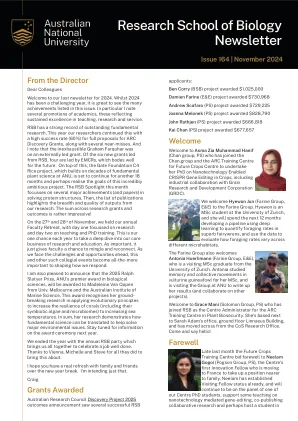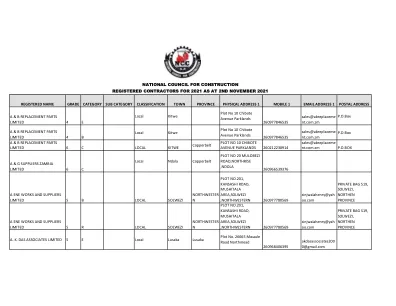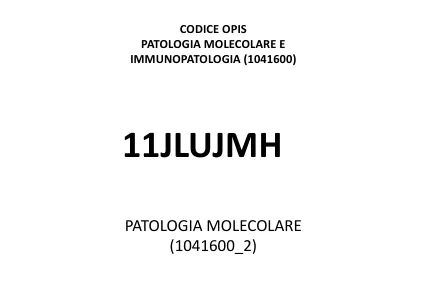摘要:迅速实施适当的靶向抗生素疗法是改善重要化脓性患者临床和生态结果的一种有价值的方法。这本多学科意见文章着重于开发基于证据的算法,用于针对血液的靶向抗生素治疗(BSIS),复杂的尿路(CUTIS)和复杂的腹腔内感染(CIAIS)。目的是为重症监护医师提供适当放置新型抗生素或考虑保留最广泛的抗生素的策略的指导。A multidisciplinary team of experts (one intensive care physician, one infectious disease consultant, one clinical microbiologist and one MD clinical pharmacologist), performed several rounds of assessment to reach agreement in developing six different algorithms according to the susceptibility pattern (one each for multi-susceptible, extended-spectrum beta-lactamase-producing, AmpC beta-lactamase-producing, Klebsiella肺炎Carba Penemase(KPC) - 产生,OXA-48产生和金属β-内酰胺酶(MBL)-produ cing肠杆菌)。每当多种治疗选择是可行的,就建立了分层量表。关于抗生素优化的建议也被列出。为了检索算法中提出的治疗选择的基于证据的支持,从成立到2021年3月的PubMed-Medline研究人员进行了全面的文献搜索。根据研究设计的层次范围来实现证据的质量和强度。仅包括英文发表的文章。It is expected that these algorithms, by allowing prompt revision of antibiotic regimens whenever feasible, appropriate place in therapy of novel beta-lactams, implementation of strategies for sparing the broadest-spectrum antibiotics, and pharmacoki netic/pharmacodynamic optimization of antibiotic dosing regimens, may be helpful either in improving clinical outcome or in containing the spread of抗菌耐药性。关键字:重症患者,有针对性的抗生素治疗,抗菌管理,肠杆菌,多学科工作组,PK/PD给药优化
微生物11-01623.pdfIDR-14-2461.pdf
主要关键词

